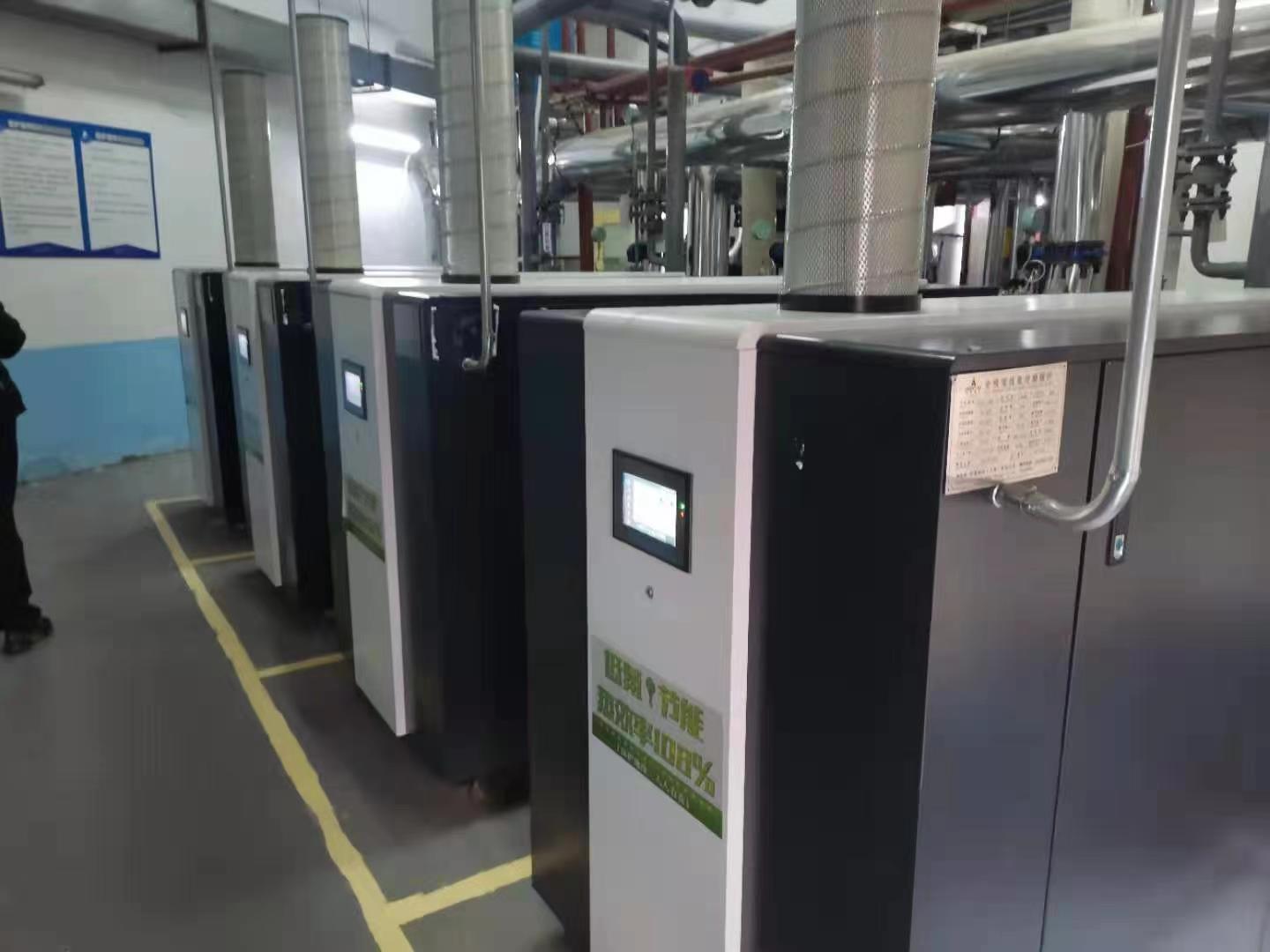- Afrikaans
- Albanian
- Amharic
- Arabic
- Armenian
- Azerbaijani
- Basque
- Belarusian
- Bengali
- Bosnian
- Bulgarian
- Catalan
- Cebuano
- China
- China (Taiwan)
- Corsican
- Croatian
- Czech
- Danish
- Dutch
- English
- Esperanto
- Estonian
- Finnish
- French
- Frisian
- Galician
- Georgian
- German
- Greek
- Gujarati
- Haitian Creole
- hausa
- hawaiian
- Hebrew
- Hindi
- Miao
- Hungarian
- Icelandic
- igbo
- Indonesian
- irish
- Italian
- Japanese
- Javanese
- Kannada
- kazakh
- Khmer
- Rwandese
- Korean
- Kurdish
- Kyrgyz
- Lao
- Latin
- Latvian
- Lithuanian
- Luxembourgish
- Macedonian
- Malgashi
- Malay
- Malayalam
- Maltese
- Maori
- Marathi
- Mongolian
- Myanmar
- Nepali
- Norwegian
- Norwegian
- Occitan
- Pashto
- Persian
- Polish
- Portuguese
- Punjabi
- Romanian
- Russian
- Samoan
- Scottish Gaelic
- Serbian
- Sesotho
- Shona
- Sindhi
- Sinhala
- Slovak
- Slovenian
- Somali
- Spanish
- Sundanese
- Swahili
- Swedish
- Tagalog
- Tajik
- Tamil
- Tatar
- Telugu
- Thai
- Turkish
- Turkmen
- Ukrainian
- Urdu
- Uighur
- Uzbek
- Vietnamese
- Welsh
- Bantu
- Yiddish
- Yoruba
- Zulu
dec . 17, 2024 10:56 Back to list
Suppliers of Plate Coil Heat Exchangers for Efficient Energy Transfer Solutions
Plate Coil Heat Exchangers Understanding Suppliers and Their Significance
In the modern industrial landscape, the demand for efficient heat transfer solutions has never been greater. One such solution that has gained popularity is the plate coil heat exchanger. This type of heat exchanger is distinguished by its unique design, which allows for highly efficient heat transfer in a compact form factor. As industries across the globe increasingly focus on energy efficiency and sustainability, understanding the role of suppliers in the plate coil heat exchanger market becomes essential.
What is a Plate Coil Heat Exchanger?
A plate coil heat exchanger consists of a series of plates or coils that facilitate the transfer of heat between two fluids. It operates on the principle of thermal conduction, where heat passes from the hotter fluid to the cooler one without mixing. This device is especially valuable in applications where space is limited or where a high efficiency of heat transfer is required.
The design of plate coil heat exchangers enables them to achieve higher thermal efficiency compared to traditional tube-and-shell heat exchangers. They have a higher surface area per unit volume and can operate effectively at varying flow rates and pressures, making them suitable for a wide range of applications, including HVAC systems, food processing, and chemical manufacturing.
Importance of Suppliers
The effectiveness of plate coil heat exchangers largely depends on the materials used in their construction, the precision of the manufacturing process, and the reliability of the system as a whole. This is where suppliers play a crucial role. Quality suppliers of plate coil heat exchangers not only provide a product but also offer expertise that can guide businesses in selecting the right solutions for their specific needs.
1. Quality Assurance Reputable suppliers often adhere to strict quality control measures, ensuring that their products meet industry standards. This is particularly important in sectors like food and pharmaceuticals, where contamination—however slight—can lead to significant consequences.
2. Customization and Flexibility Many suppliers offer customization options for heat exchangers, allowing businesses to tailor systems to their operational needs. This may include adjustments to the size, material, and design of the heat exchangers to align with existing systems or specific processes.
3. Expertise and Support Suppliers often employ knowledgeable personnel who can assist clients in design and operational concerns. From understanding the thermal dynamics of a system to predicting maintenance requirements, expert guidance can significantly enhance operational efficiency.
plate coil heat exchangers suppliers

4. Sustainability With a growing emphasis on environmental responsibility, suppliers that focus on sustainable manufacturing practices and materials can help businesses reduce their carbon footprint. The efficiency of plate coil heat exchangers inherently contributes to energy savings, aligning with global sustainability goals.
Choosing the Right Supplier
When it comes to choosing a supplier for plate coil heat exchangers, several factors should be considered
- Reputation and Track Record Look for suppliers with a proven history of serving your industry. Client testimonials and case studies can provide insights into their reliability and the performance of their products.
- Technical Capabilities Ensure that the supplier has access to advanced manufacturing technologies and engineering expertise to produce high-quality heat exchangers that meet your specific requirements.
- After-Sales Support The importance of after-sales support cannot be understated. Reliable suppliers should offer installation guidance, maintenance services, and troubleshooting assistance.
- Competitive Pricing While it’s important not to compromise on quality, evaluating the pricing structure against the market can help in finding a supplier that offers good value for money.
Conclusion
Plate coil heat exchangers represent a vital component in the quest for efficient thermal management across various industries. Suppliers of these devices play a significant role in ensuring the provision of high-quality, innovative, and sustainable heat transfer solutions. Collaborative relationships between businesses and their suppliers can lead not only to the successful implementation of heat exchangers but also to ongoing advancements in thermal efficiency and energy conservation. As industries continue to evolve, the importance of selecting the right supplier will remain paramount in achieving operational goals and adhering to environmental commitments.
-
8mm Thin-Walled Cast Steel Manhole Cover Pallet Bottom Ring | Durable
NewsAug.04,2025
-
Premium Cast Iron Water Main Pipe: Durable, Corrosion-Resistant
NewsAug.03,2025
-
Durable Cast Iron Water Mains | AI-Optimized Systems
NewsAug.02,2025
-
High-Efficiency Propane Boiler for Baseboard Heat | Save Energy
NewsAug.01,2025
-
Premium Source Suppliers for Various Gray Iron Castings
NewsJul.31,2025
-
Durable Cast Iron Water Main Pipes | Long-Lasting
NewsJul.31,2025


